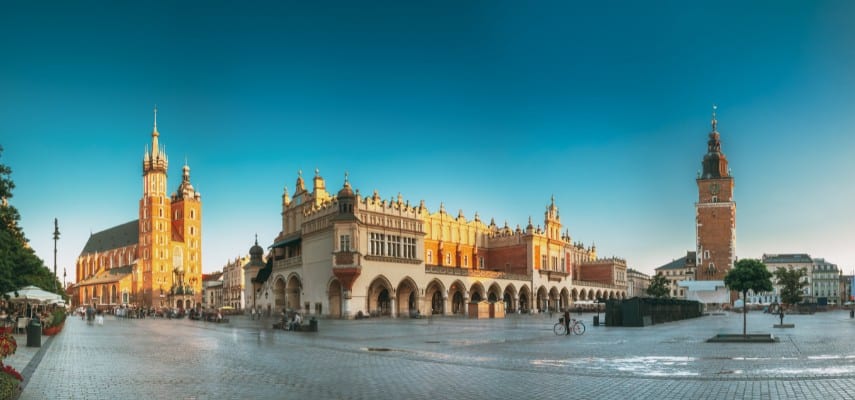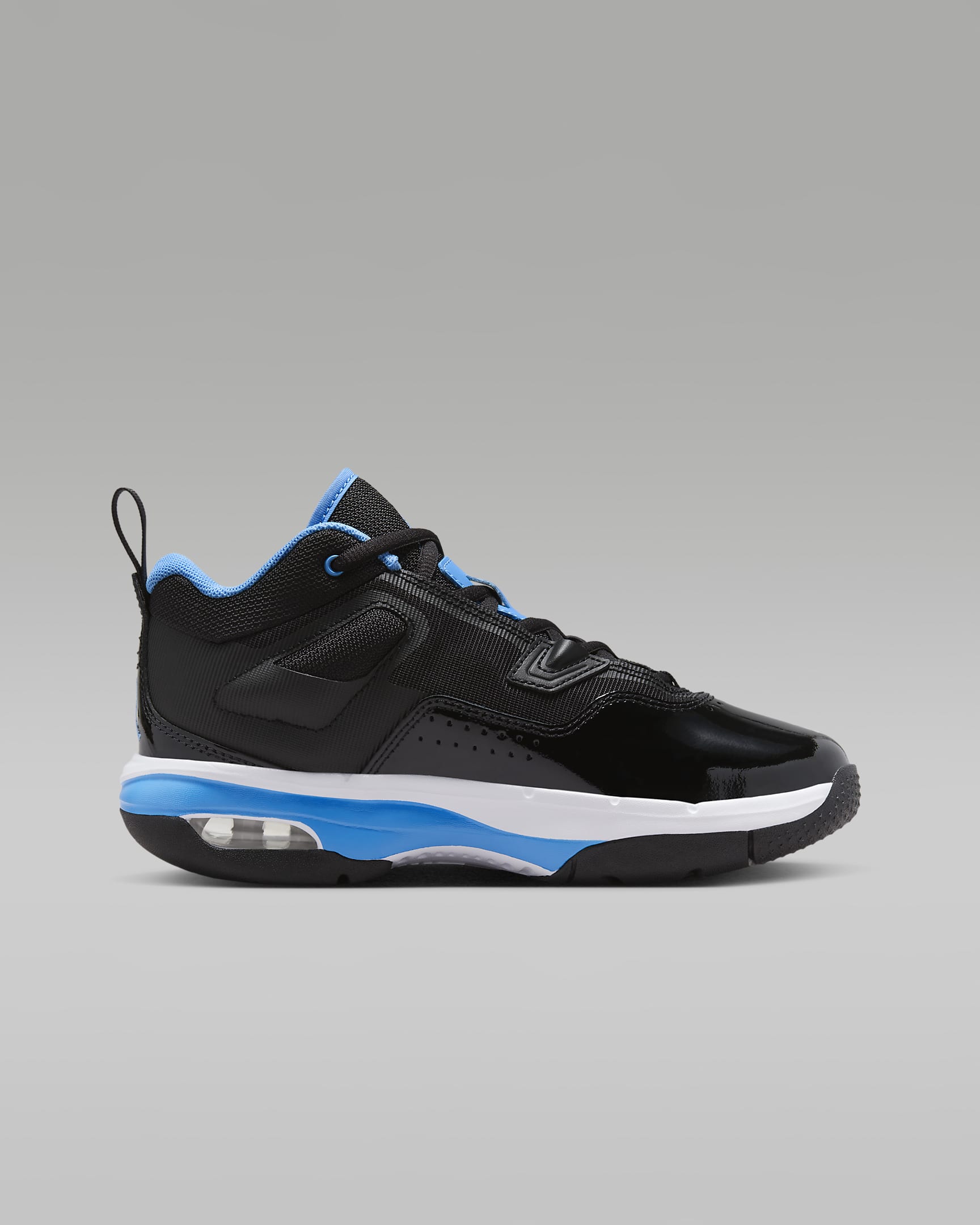
Lebanon, a jewel nestled on the eastern Mediterranean coast, is a country that bewitches with its potent blend of ancient history, vibrant culture, and breathtaking natural beauty. From the bustling metropolis of Beirut to the ancient Roman ruins of Baalbek and the serene Cedars of God, Lebanon offers a diverse tapestry of experiences. Deciding where to stay is paramount to unlocking the magic of this remarkable nation, and understanding its history, attractions, and practicalities will pave the way for an unforgettable journey.
A Glimpse into Lebanon’s Storied Past
Lebanon’s history is a saga etched in stone and whispered through time. For millennia, it has been a crossroads of civilizations, a testament to its strategic location. Phoenicians, the intrepid seafarers and traders, laid the foundations of its maritime heritage. Romans left an indelible mark with their architectural marvels, while Byzantine influence is evident in its ancient churches. Arab conquests brought Islam, shaping its cultural and religious landscape, followed by the Crusaders who left behind imposing castles. The Ottoman Empire’s long reign, and later the French Mandate, further molded its modern identity. This rich and complex past is palpable in its ancient sites, diverse religious communities, and the resilient spirit of its people.

Related Articles about Lebanon: A Tapestry of History, Culture, and Coastal Charm – Where to Stay and What to Experience:
- Thailand: A Symphony of Smiles, Spices, and Serenity
- London Beckons: Your Comprehensive Guide to an Unforgettable Journey
- An Alpine Dream: Your Comprehensive Guide to Traveling to Austria
- Unlocking the Magic of Kuala Lumpur: Your Guide to Affordable Adventures
- Sweden: A Nordic Tapestry of Enchanting Attractions
Top Attractions: A Journey Through Time and Nature
Lebanon’s allure lies in its remarkably diverse attractions, catering to every traveler’s whim:
Beirut: The Vibrant Heartbeat: The capital city, often dubbed the "Paris of the Middle East," is a dynamic metropolis that has risen from its tumultuous past with renewed vigor.
- Downtown Beirut (Solidere): A symbol of reconstruction, this area boasts elegant architecture, upscale boutiques, and lively cafes. Explore the remnants of its historical buildings, including the Roman Baths.
- National Museum of Beirut: A treasure trove of artifacts, this museum offers a chronological journey through Lebanon’s rich history, from prehistoric times to the Ottoman era.
- Corniche: This picturesque seaside promenade is perfect for a leisurely stroll, offering stunning views of the Mediterranean Sea, especially at sunset.
- Pigeon Rocks (Raouché): Iconic natural rock formations jutting out of the sea, these are a beloved landmark and a popular spot for photography.
- Sursock Museum: A beautifully restored 19th-century palace, this museum showcases modern and contemporary Lebanese art.

Byblos (Jbeil): Cradle of Civilization: One of the oldest continuously inhabited cities in the world, Byblos is a UNESCO World Heritage site that whispers tales of ancient Phoenicians, Romans, and Crusaders.
- Byblos Castle: A formidable Crusader fortress offering panoramic views of the old city and harbor.
- Phoenician Necropolis: Explore the ancient burial grounds and learn about the city’s early inhabitants.
- Old Souks: Wander through charming narrow alleys lined with artisan shops, cafes, and restaurants.
Baalbek: Roman Grandeur: Home to some of the most magnificent and well-preserved Roman ruins in the world, Baalbek is a testament to the empire’s architectural prowess.
- Temple of Jupiter: The largest Roman temple ever built, its colossal columns are awe-inspiring.
- Temple of Bacchus: Remarkably intact, this temple is dedicated to the god of wine and revelry, showcasing intricate carvings and detailed craftsmanship.
- Temple of Venus: Smaller but equally significant, this temple offers a glimpse into Roman religious practices.
Jeita Grotto: Subterranean Wonders: A natural marvel, Jeita Grotto is a complex of two limestone caves, Upper and Lower, connected by an underground river.
- Upper Grotto: Accessed by a moving walkway, it features stunning stalactites and stalagmites illuminated for dramatic effect.
- Lower Grotto: Explored by boat, it offers a magical experience of gliding through illuminated caverns.
The Cedars of God (Arz al-Rab): Ancient Sentinels: Located in the Bsharri mountains, these ancient cedar trees are a symbol of Lebanon’s resilience and natural heritage, some dating back thousands of years. The surrounding area offers stunning hiking opportunities.
Harissa and Our Lady of Lebanon: Perched high on a mountain overlooking the Bay of Jounieh, Harissa is a spiritual pilgrimage site with a towering statue of the Virgin Mary. The panoramic views from here are breathtaking.
Qadisha Valley: The Holy Valley: Another UNESCO World Heritage site, the Qadisha Valley is a deeply spiritual and naturally stunning region, home to ancient monasteries, hermitages, and the ancient Cedars.
Tripoli: The Oldest of the Old: Lebanon’s second-largest city boasts a rich medieval history, evident in its impressive Crusader castles and bustling souks.
- Citadel of Tripoli: A vast and well-preserved fortress offering insights into the city’s strategic past.
- Old Souks: Immerse yourself in the vibrant atmosphere of the traditional markets, renowned for their sweets and artisanal goods.
Travel Tips for a Smooth Journey
- Visa Requirements: Check visa regulations for your nationality well in advance. Many nationalities can obtain a visa on arrival.
- Currency: The official currency is the Lebanese Lira (LBP). While USD is widely accepted and often preferred, it’s advisable to have some LBP for smaller transactions. Be aware of fluctuating exchange rates.
- Language: Arabic is the official language. French and English are widely spoken, especially in tourist areas and among younger generations.
- Safety: While Lebanon has faced political instability, tourist areas are generally safe. Exercise caution, be aware of your surroundings, and stay informed about current events. Avoid travel to border regions.
- Dress Code: Lebanon is a secular country with diverse religious communities. While generally liberal, it’s respectful to dress modestly when visiting religious sites, covering shoulders and knees.
- Connectivity: SIM cards are readily available at the airport or in shops. Wi-Fi is common in hotels, cafes, and restaurants.
- Tipping: Tipping is customary, typically around 10-15% in restaurants and for services.
Accommodation Options: A Spectrum of Choices
Lebanon offers a wide range of accommodation to suit every budget and preference, from luxurious hotels to charming guesthouses.
Luxury Hotels: For those seeking opulence and top-notch amenities, Lebanon offers world-class hotels, particularly in Beirut. These often feature stunning sea views, fine dining, spas, and impeccable service.
- Beirut: The St. Regis Beirut, Four Seasons Hotel Beirut, InterContinental Phoenicia Beirut are excellent choices for a luxurious stay.
- Byblos: The Byblos Sur Mer offers a charming seaside experience with a touch of luxury.
Mid-Range Hotels: These hotels provide a comfortable and well-equipped stay without the premium price tag. They are widely available in major cities and tourist towns.
- Beirut: The Radisson Blu Hotel, Beirut Gateway, and various boutique hotels in areas like Hamra offer good value.
- Byblos: Consider hotels like L’Hotel de Byblos for a comfortable and well-located option.
- Baalbek: While options are more limited, some local hotels offer clean and basic accommodation.
Boutique Hotels & Guesthouses: For a more intimate and personalized experience, boutique hotels and guesthouses are an excellent choice. They often showcase local architecture and offer a unique charm.
- Beirut: Look for charming guesthouses in Mar Mikhael or Gemmayzeh for a vibrant neighborhood feel.
- Byblos: The Old City of Byblos has several charming guesthouses within its historic walls.
- Qadisha Valley: Monasteries and guesthouses in the valley offer a truly serene and immersive experience.
Budget Accommodation: Hostels and budget-friendly hotels are available, particularly in Beirut, catering to backpackers and budget-conscious travelers.
- Beirut: Look for hostels in areas like Hamra or Gemmayzeh.
Apartment Rentals: For longer stays or families, apartment rentals through platforms like Airbnb offer flexibility and a home-away-from-home experience.
Transportation: Navigating Lebanon
Getting around Lebanon can be an adventure in itself, offering a glimpse into local life.
- Taxis: Taxis are abundant in cities. Agree on a fare before starting your journey or ensure the meter is used. Ride-sharing apps like Uber and Careem are also available in Beirut.
- "Service" Taxis: These are shared taxis that operate on fixed routes. They are a very affordable way to travel within cities and between towns. You’ll share the ride with other passengers.
- Rental Cars: Renting a car offers the most flexibility, especially for exploring remote areas. However, driving in Lebanon can be challenging due to traffic and road conditions. An international driving permit is usually required.
- Buses: Intercity buses connect major towns and cities. They are generally reliable and cost-effective.
- Private Drivers: For a more comfortable and hassle-free experience, hiring a private driver for day trips or extended travel is an option, though more expensive.
Best Time to Visit: Embracing the Seasons
Lebanon enjoys a Mediterranean climate, offering pleasant weather for tourism throughout much of the year.
- Spring (March to May): This is an ideal time to visit. The weather is mild and pleasant, wildflowers bloom, and the landscape is lush and green. It’s perfect for outdoor activities and exploring historical sites without the intense summer heat.
- Summer (June to August): Summers are hot and dry, especially inland. Coastal areas offer a refreshing sea breeze. This is peak tourist season, with lively beach resorts and outdoor festivals. However, it can be very crowded and humid.
- Autumn (September to November): Another excellent time to visit. The weather remains warm and sunny, with cooler evenings. The autumn colors in the mountains are beautiful, and it’s a great time for hiking and exploring.
- Winter (December to February): Winters are generally mild along the coast, with occasional rain. Inland mountainous areas experience snow, making it a popular destination for skiing at resorts like Faraya and Cedars. This is the low season for most tourist activities.
Where to Stay: Tailoring Your Experience
The best place to stay in Lebanon depends on your interests and the type of experience you seek:
-
For the Urban Explorer and Culture Vulture: Beirut is your undisputed hub. Its vibrant nightlife, world-class restaurants, museums, and bustling souks offer endless exploration. Stay in Downtown Beirut for a modern, reconstructed experience, or in Mar Mikhael/Gemmayzeh for a more bohemian and artistic atmosphere with trendy bars and cafes. Hamra offers a more local feel with universities and shops.
-
For the History Buff and Ancient Site Enthusiast: Byblos is a must-stay. Its ancient port, Crusader castle, and Roman ruins provide a deep dive into millennia of history. Staying within the old city offers an unparalleled atmosphere. For the truly awe-inspired, a day trip to Baalbek from Beirut is essential, though staying overnight in Baalbek offers a more immersive experience of its colossal ruins.
-
For the Nature Lover and Spiritual Seeker: Consider staying in the Qadisha Valley or near the Cedars of God. Guesthouses and monasteries offer a serene retreat amidst stunning natural beauty and spiritual tranquility. Harissa offers breathtaking views and a sense of peace.
-
For the Beach Goer and Coastal Enthusiast: While Beirut has some beaches, consider staying in towns along the coast like Jounieh or further north towards Batroun for more dedicated beach resorts and a more relaxed seaside vibe.
-
For the Authenticity Seeker and Traditional Experience: Tripoli offers a glimpse into a less-touristed, historically rich city with its impressive citadel and vibrant souks. Consider staying in a traditional guesthouse here.
Lebanon is a country that will captivate your senses and leave an indelible mark on your soul. By understanding its history, embracing its attractions, and planning your stay wisely, you are set to embark on a journey of discovery through this extraordinary corner of the Mediterranean. Whether you choose the pulsating energy of Beirut, the ancient whispers of Byblos, or the serene grandeur of its mountains, Lebanon promises an unforgettable adventure.




